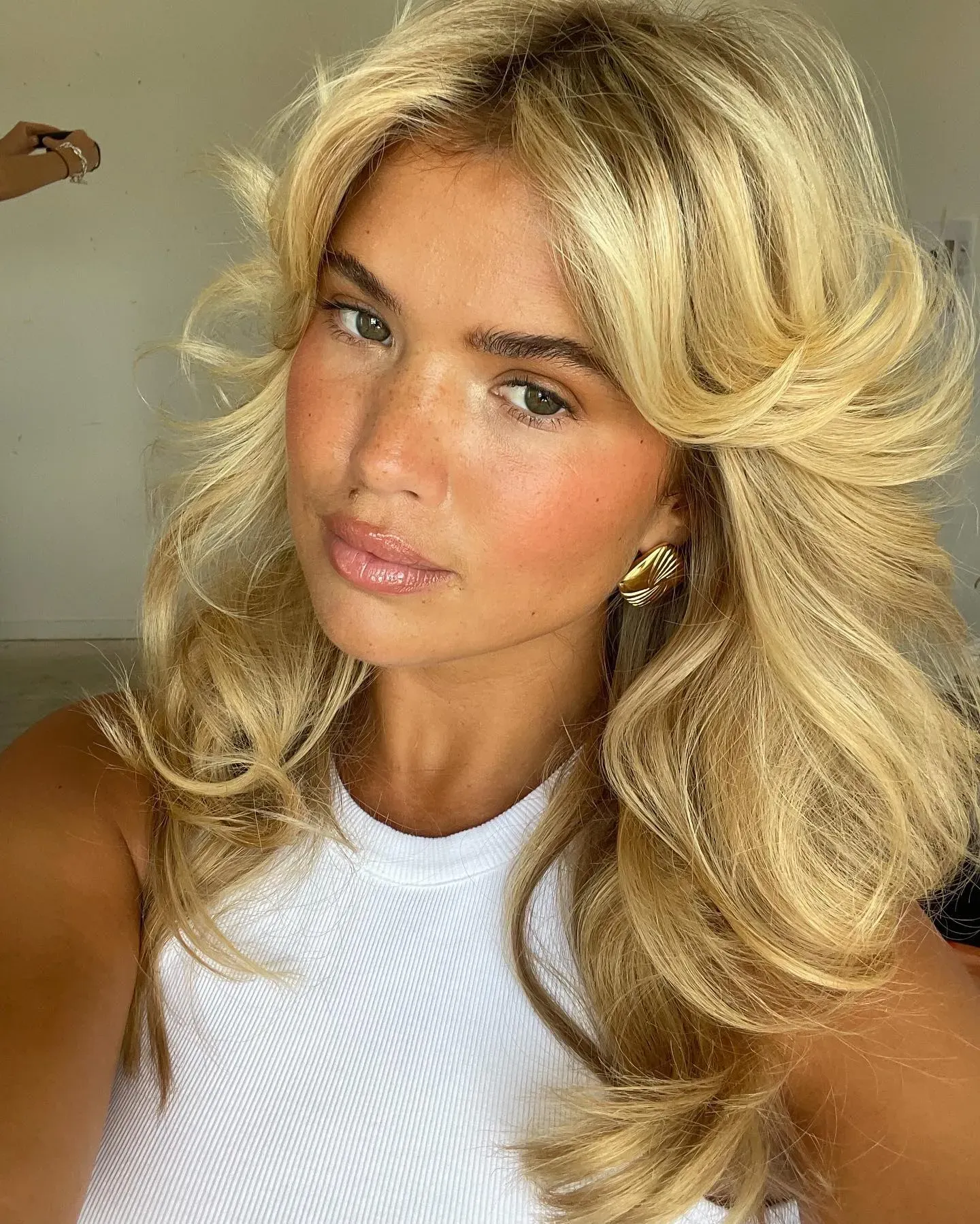If I’m being wholly honest: I never fully knew the lore of Matilda Djerf. I knew about Djerf Avenue, the admittedly overpriced and equally trendy eponymous brand of Matilda…but that was about it. What I gathered from Djerf Avenue was that Matilda is the face of the coastal grandmother, clean girl aesthetic. She made curtain […]
